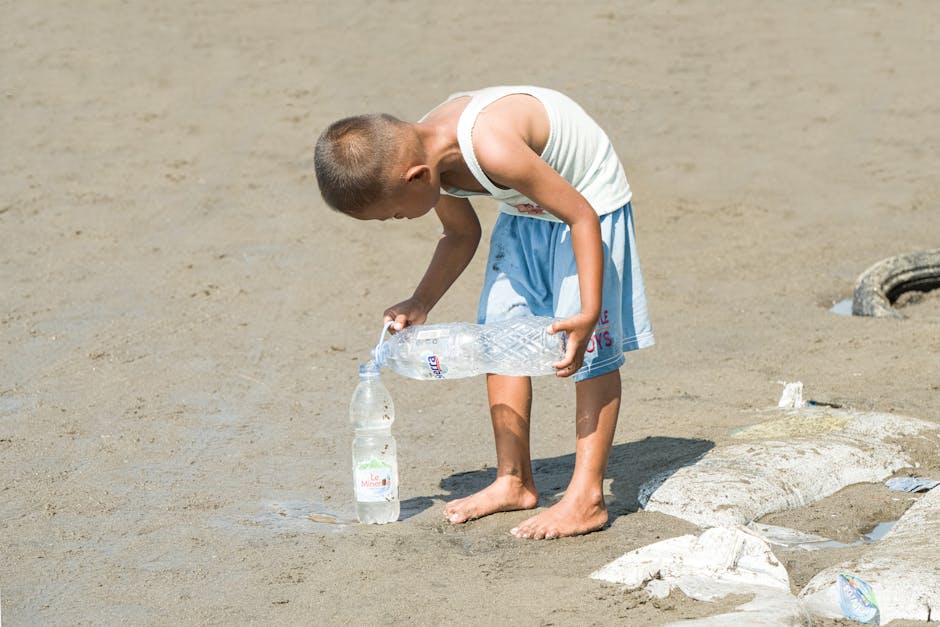The intricate web of life, encompassing biodiversity, ecosystems, and the planet’s overall health, relies on a multitude of interacting forces. While global initiatives and governmental policies undoubtedly hold significance, the tangible impact of individual actions often undercuts their supposed insignificance. In the context of environmental sustainability, individuals are not merely passive observers; they are active participants, wielding a potent influence on conservation efforts. Their choices, large and small, collectively sculpt the future of our planet.
A crucial role individuals play in conservation stems from their consumption patterns. From the food we eat to the products we buy, our daily decisions directly impact the environment. Choosing sustainably sourced food, reducing meat consumption, and supporting local farmers contribute to mitigating agricultural land use changes and greenhouse gas emissions. Consumers can also drive change by opting for products made with recycled materials, minimizing packaging, and demanding transparency in supply chains. A conscious shift in purchasing decisions can encourage businesses to adopt environmentally friendly practices, fostering a ripple effect across industries.
Beyond consumerism, active engagement in local conservation projects forms a cornerstone of individual contribution. Participation in clean-up drives, volunteering at wildlife sanctuaries, and joining community initiatives like tree planting campaigns directly translates into tangible environmental benefits. These acts of conscious effort can contribute to the preservation of local ecosystems, fostering biodiversity, and promoting responsible land management. Individuals, by taking part in these projects, are not just cleaning up; they are actively contributing to the conservation of valuable resources and habitats.
Education and awareness play a pivotal part in shaping individual actions. Learning about the interconnectedness of ecosystems, the significance of biodiversity, and the implications of climate change empowers individuals to make informed choices. By understanding the consequences of unsustainable practices, individuals are more likely to adopt sustainable lifestyles. Educational programs, workshops, and access to reliable information can significantly shape attitudes and behaviors, encouraging pro-environmental actions. Educational initiatives, in turn, equip individuals with the knowledge and tools to become effective advocates for change.
Policy advocacy is another avenue through which individuals can contribute to conservation. Contacting elected officials, participating in public forums, and supporting organizations working on environmental issues can generate pressure on policymakers to implement crucial environmental regulations. Collective action, whether through petitions, rallies, or targeted lobbying, can effect positive change on a larger scale. By engaging in these activities, individuals are actively shaping the policies that dictate our relationship with the environment.
Technological advancements also afford individuals unique opportunities to contribute to conservation. Utilizing eco-friendly technologies, such as energy-efficient appliances, electric vehicles, and renewable energy sources, directly reduces personal environmental footprints. Furthermore, the use of technology allows individuals to connect with others, share information, and participate in global initiatives. Social media, for instance, can be employed as a powerful platform to raise awareness, share information, and organize campaigns aimed at influencing societal attitudes and encouraging collective action.
However, the potential impact of individual actions is not without limitations. The scale of global environmental challenges often surpasses the scope of individual efforts. The systemic nature of issues like deforestation, pollution, and climate change requires collective action and large-scale changes. Individuals are but one piece of a multifaceted puzzle, with their actions often being overwhelmed by large-scale unsustainable systems. Moreover, individual actions alone may not be sufficient to address the urgent needs of conservation without broader societal transformation.
Ultimately, realizing the full potential of individual actions hinges on a collaborative approach. Individuals, businesses, governments, and non-governmental organizations must work together to create a supportive environment for sustainable practices. Encouraging supportive policies, providing access to sustainable alternatives, and fostering a culture of environmental consciousness are essential to amplifying the impact of individual contributions.
In summary, individuals play a pivotal role in fostering environmental conservation, far exceeding their seemingly isolated impact. From dietary choices to technological adoption, from local volunteering to policy advocacy, their engagement is intrinsically linked to the health of the planet. While the scale of global environmental challenges might seem daunting, the cumulative effect of individual efforts can be transformative, creating a more sustainable future for all. By recognizing and actively participating in their environmental responsibility, individuals become powerful catalysts for environmental protection, ensuring that the intricate web of life endures for generations to come.












